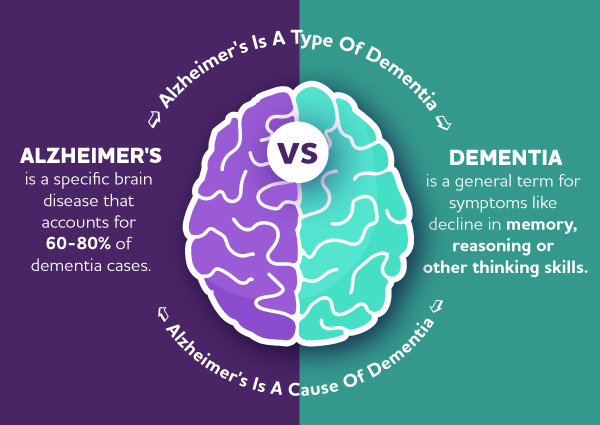Dementia Risk Factors are gaining global attention as studies reveal that early intervention can reduce up to 30% of cases worldwide. A recent US study highlighting the increased dementia risk among Afro-Americans provides valuable insights, which hold relevance for India, given its unique healthcare and societal dynamics.
Why Dementia Risk Factors Are Rising?
Dementia affects millions globally, and its prevalence is projected to rise alarmingly. A US-based study predicts a near doubling of dementia cases by 2060, particularly among Afro-Americans due to socioeconomic challenges and poor health parameters. In India, the situation is compounded by high population density, inadequate healthcare infrastructure, and rising cases of lifestyle diseases like diabetes and hypertension.
According to Dr. M.V. Padma Srivastava, Chairperson of Neurology at Paras Health, Gurugram, preventive measures can drastically reduce dementia cases. She emphasizes addressing basic lifestyle markers like controlling diabetes, managing hypertension, combating obesity, and reducing social isolation.
How This Study Relates To India?
India, with the third-highest dementia population globally, faces unique challenges. Unlike the West, where Alzheimer’s dementia is predominant, India records more mixed and vascular dementia cases often linked to conditions like strokes. Factors such as:
- Lifestyle Diseases: Uncontrolled diabetes and hypertension remain significant contributors to dementia onset.
- Social Isolation: The elderly, especially in nuclear families, face loneliness, a proven dementia trigger.
- Economic and Nutritional Barriers: Poor diet, lack of access to health resources, and socio-economic inequalities mirror the risks observed in Afro-American communities.
Key Preventive Measures For Dementia
To reduce dementia risk factors, early and sustained efforts are crucial:
1. Focus on Fitness and Nutrition from Early Life
Preventing dementia starts young. Encouraging physical activity, balanced nutrition, and mental stimulation from childhood can significantly lower risks in later years.
2. Manage Middle-Age Risk Factors
Middle age is critical for preventing diseases like diabetes, hypertension, and depression. Regular health check-ups, dietary improvements, and active social lives are key.
3. Enhance Health Literacy
Promoting awareness about dementia and its risks can drive better health choices. Campaigns focusing on healthy aging and early intervention can empower individuals to act before it’s too late.
4. Build Social Structures
Strong social support systems reduce feelings of loneliness and depression among the elderly, minimizing dementia triggers. Community engagement programs and elder care initiatives are vital.
Why Younger Populations Are At Risk?
India is witnessing an alarming trend of strokes and heart attacks among younger populations due to sedentary lifestyles, poor diets, and stress. These incidents increase dementia risks at later stages, making prevention critical.
The Afro-American experience offers lessons for India. Socio-economic challenges, poor healthcare access, and nutritional deficiencies significantly impact dementia statistics. Improving healthcare accessibility and addressing these barriers can mitigate risks.
Early Diagnosis And Advances In Detection
Early diagnosis can make a significant difference in managing dementia. Individuals with a family history of Alzheimer’s should remain vigilant for warning signs like:
- Memory lapses noticed by family members.
- Changes in emotional stability, language, or executive functioning.
- Persistent forgetfulness despite good sleep and low stress.
Modern diagnostic tools like blood biomarkers, lumbar punctures, MRIs, and PET scans allow early detection, enabling timely intervention.
The Policy Path Forward
India needs geography-specific studies to understand regional variations in dementia prevalence. Policies should focus on:
- Ensuring access to clean water and balanced nutrition.
- Addressing deficiencies in Vitamin B12 and thyroid functioning.
- Enhancing elderly care facilities and mental health resources.
Dementia is not inevitable, and with concerted efforts, India can mitigate its impact on the population. Embracing a proactive approach to health, improving awareness, and strengthening social and healthcare systems will pave the way for a healthier, dementia-free future.


